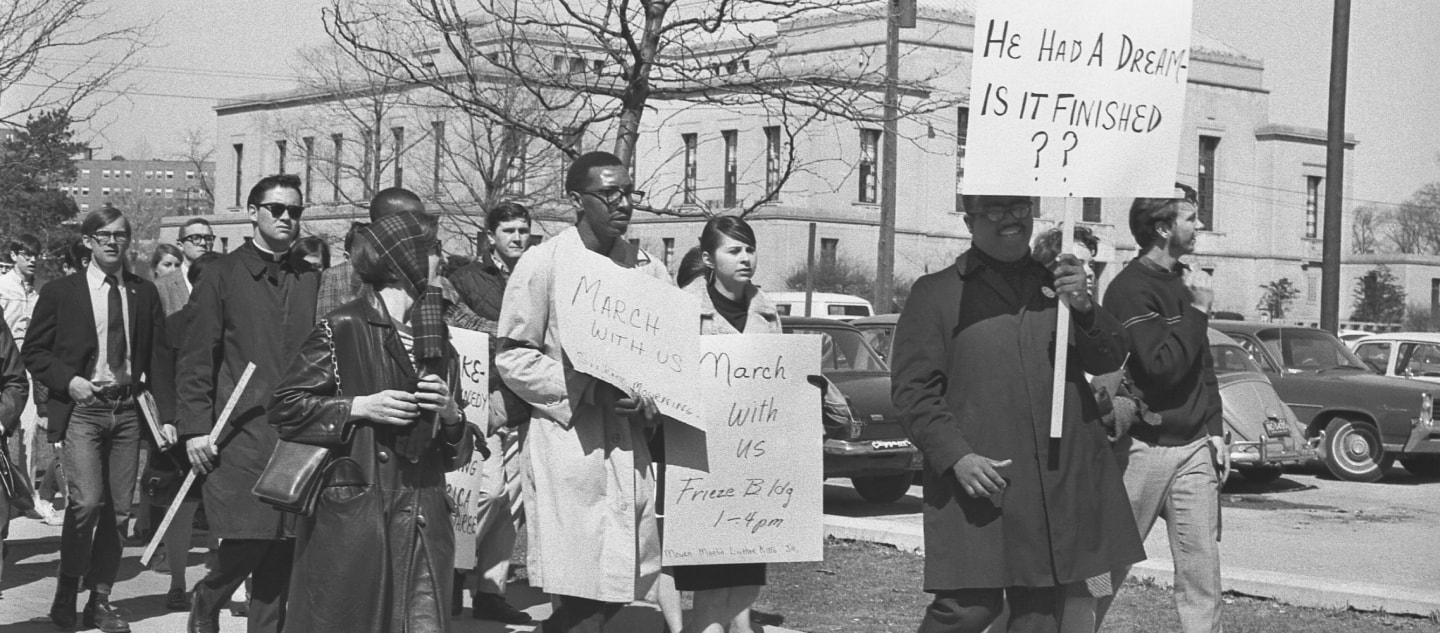Home
Featured Article

Recent Print Issue
A Framework for Managing Disputes Over Intellectual Property Rights in Traditional Knowledge
Major controversies in moral and political theory concern the rights, if any, Indigenous peoples should have over their traditional knowledge. Many scholars, including me, have tackled these controversies. This Article addresses a highly important practical issue: Can we come up with a solid framework for resolving disputes over actual or proposed intellectual property rights in traditional knowledge? Yes, we can. The framework suggested here starts with a preliminary distinction between control rights and income rights. It then moves to four categories that help to understand disputes: nature of the traditional knowledge under dispute; dynamics between named parties to disputes; unnamed Indigenous claimants; and the various normative systems (for example, custom, U.N. documents, treaties, statutes, administrative regulations) within which disputes are decided. Throughout, examples that inform the framework come principally from Indigenous peoples in the Pacific rim. Lastly the Article tests the framework against some disputes over traditional knowledge in Samoa and New Zealand. This framework is comprehensive and sensitive to context. It is flexible regarding which normative systems are best suited to settling disputes. A test run shows that the framework helps to resolve practical legal issues.Abolition Economics
Over the past several decades, Law & Economics has established itself as one of the most well-known branches of interdisciplinary legal scholarship. The tools of L&E have been applied to a wide range of legal issues and have even been brought to bear on Critical Race Theory in an attempt to address some of CRT’s perceived shortcomings. This Article seeks to reverse this dynamic of influence by applying CRT and related critical perspectives to the field of economics. We call our approach Abolition Economics. By embracing the abolitionist ethos of “dismantle, change, and build,” we seek to break strict disciplinary habits of modelling and identification, destabilize value systems implicit in mainstream economics, model society more fully as made up of interconnected humans, and develop a richer and more realistic understanding of racialized economic inequality, hierarchy, and oppression. We argue that, contrary to accepted disciplinary conventions, such an endeavor does not introduce new (inappropriate) ideological content into (objective) economics; rather, this endeavor is necessary to fully reveal the ideological content already embedded in mainstream economics as it is currently practiced, and the consequences of that embedding in supporting the functioning of systems of racial capitalism and racial injustice. We believe that imagining the possibility of a different economics—an Abolition Economics—can be an act not only of resistance but, crucially, of freedom-making.Reviving Indian Country: Expanding Alaska Native Villages’ Tribal Land Bases Through Fee-to-Trust Acquisitions
For the last fifty years, the possibility of fee-to-trust acquisitions in Alaska has been precarious at best. This is largely due to the Alaska Native Claims Settlement Act of 1971 (ANCSA), which eschewed the traditional reservation system in favor of corporate land ownership and management. Despite its silence on trust acquisitions, ANCSA was and still is cited as the primary prohibition to trust acquisitions in Alaska. Essentially, ANCSA both reduced Indian Country in Alaska and prohibited any opportunities to create it, leaving Alaska Native Villages without the significant territorial jurisdiction afforded to Lower 48 tribes. However, recent policy changes from the Department of Interior reaffirmed the eligibility of trust acquisitions post-ANCSA and a proposed rule from the Bureau of Indian Affairs signals a favorable presumption of approval for Alaska Native fee-to-trust applications. This Note reviews the history and controversy of trust acquisitions in Alaska, and more importantly, it demonstrates the methods in which Alaska Native Villages may still acquire fee land for trust acquisitions after ANCSA.Internal Scholarship
Implications for Race-Based Scholarships in the Wake of SFFA
This past summer (June 29, 2023) the United States Supreme Court overturned 45 years of precedent and ruled that the University of North Carolina and Harvard University’s affirmative action programs violated the Equal Protection Clause of the Fourteenth Amendment by considering race in their admissions process–effectively ending affirmative education…Teaching Slavery in Commercial Law: The Simulation
THIS SIMULATION IS REFERRED TO IN VOLUME 28, ISSUE 1, TEACHING SLAVERY IN COMMERCIAL LAW BY CARLISS N. CHATMAN. The Simulation: Syllabus: Slavery and Commercial Law At Washington and Lee Teacher’s Manual…Online Student Notes: Africana Legal Studies
Professor Angi Porter’s article from Volume 27.2, Africana Legal Studies: A New Theoretical Approach to Law & Protocol, introduces an innovative interdisciplinary approach to studying the stories of Law and African people. In her words, the work of African Legal Studies “centers the humanity and self-defined thoughts and actions of…
